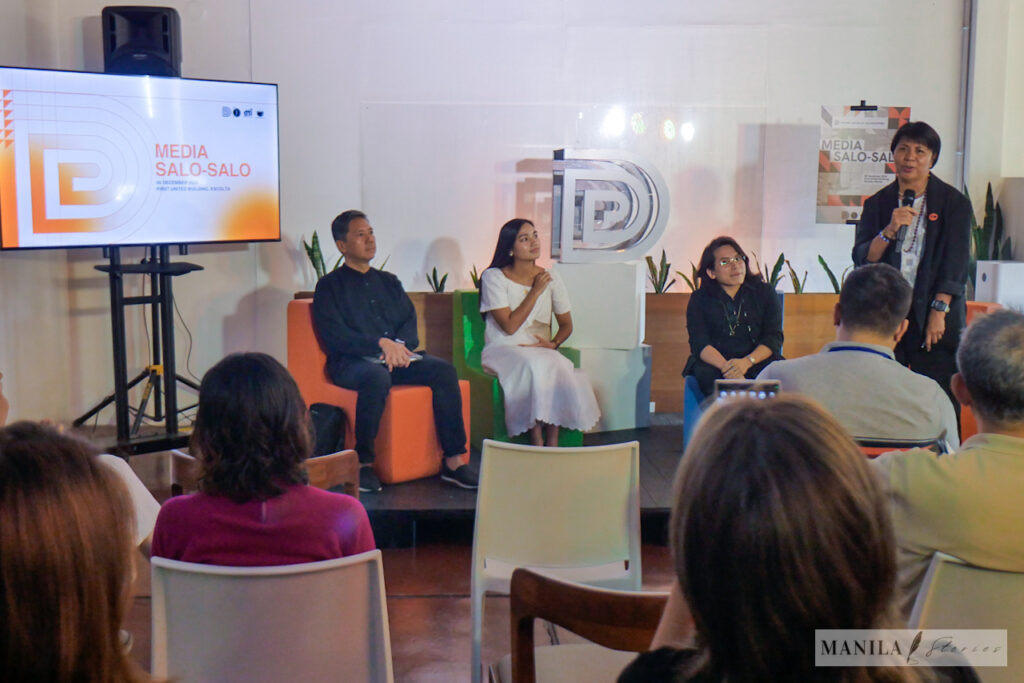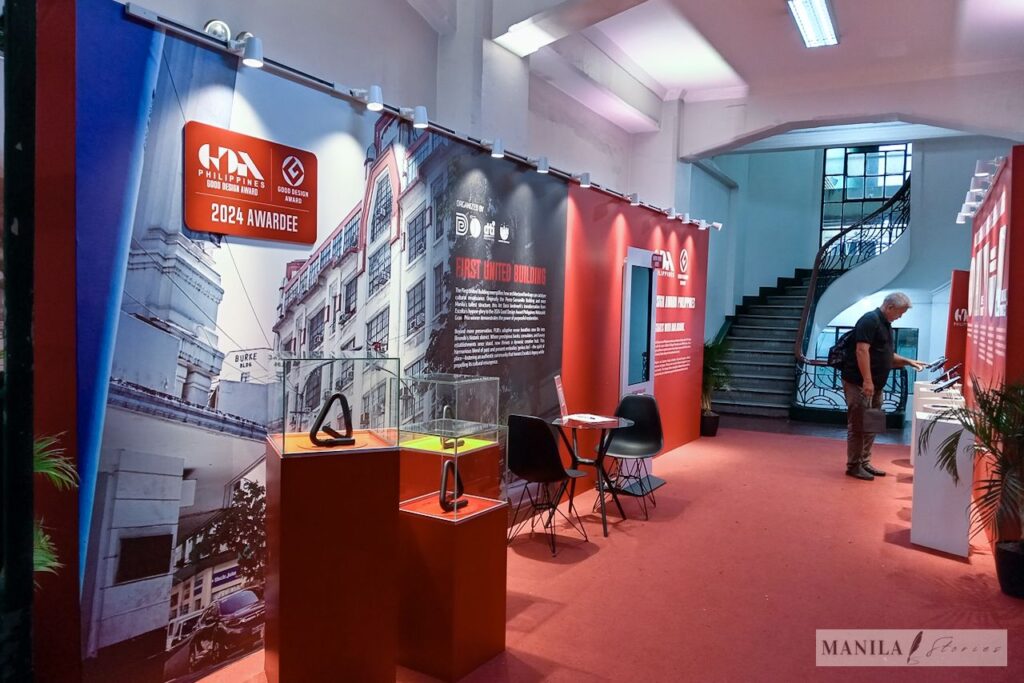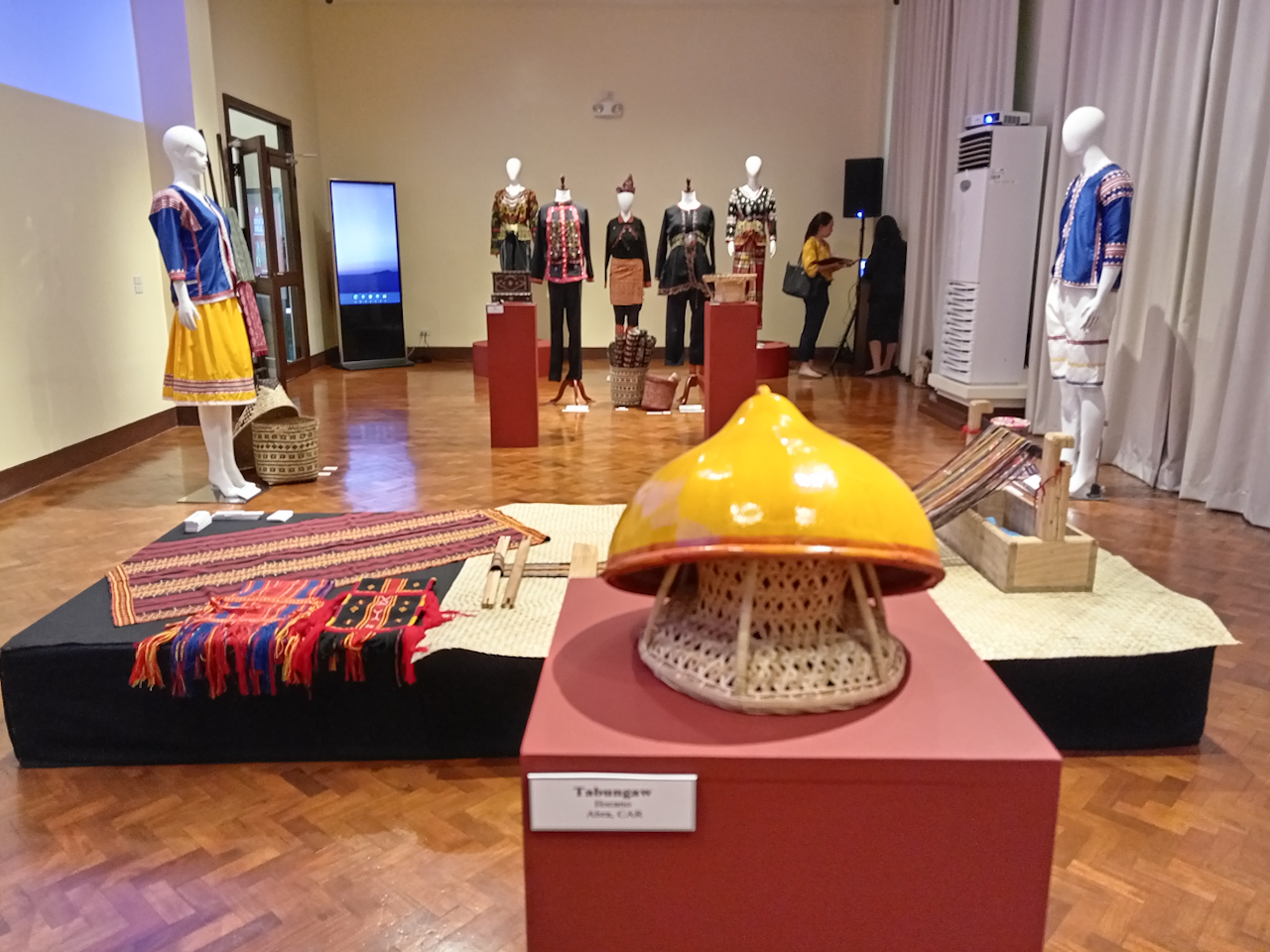
In 2024, the DTI-Design Center of the Philippines embarked on a transformative journey. They aimed at strengthening the Philippine design ecosystem and elevating Filipino design. The initiative also supports micro, small, and medium enterprises (MSMEs) while promoting sustainable community initiatives.
At a recent Media Salo-salo event, the Design Center reflected on a year filled with strengthened partnerships. They also highlighted the opportunities for Filipino designers and businesses. These opportunities allow them to prosper in a rapidly changing global economy. The Good Design Award Philippines was a significant highlight of the year. It recognized outstanding design with an impressive 84 shortlisted entries. This represented an 87% increase from the previous edition. The awards led to 27 prestigious awards, including nine G Mark awards from Japan. These achievements showcase the potential of Filipino designs on the international stage.
Maria Rita Matute, Executive Director of the Design Center, emphasized the importance of programs like the Good Design Award. She highlighted their role in facilitating the growth of MSMEs through creativity and innovation. These programs enhance opportunities for international trade.
The Design Center also focused on promoting sustainable entrepreneurship. They initiated the Design x pinyapel® project, which uses discarded pineapple leaves. The project creates eco-friendly products. This initiative underscores the commitment to green practices and collaboration with various partners in the design community.
The Design Center represented the Philippines at the World Design Policy Conference in San Diego. They highlighted the country’s role as a global model for democratizing design.

Flagship events such as the International Design Conference (IDC) and Design Week Philippines were vital for collaboration and creativity. These events drew nearly 800 participants. They extended their reach across ten regions with various co-organized activities. Additionally, the “50 Years of Philippine Design and Beyond” exhibit took place at the National Museum of Fine Arts. It celebrated the development of local creativity.
This journey has spanned from the 1970s to the present day.
Looking ahead, Matute expressed pride in the past year’s accomplishments. She is eager for the upcoming launch of the 1st National Design Policy. Matute is also excited about the Philippine Skills Framework for Design. The Design Center of the Philippines is part of the Department of Trade and Industry. It remains dedicated to leveraging design as a catalyst for positive change. The Design Center also enhances the creative economy.




